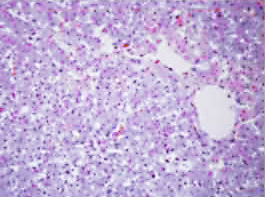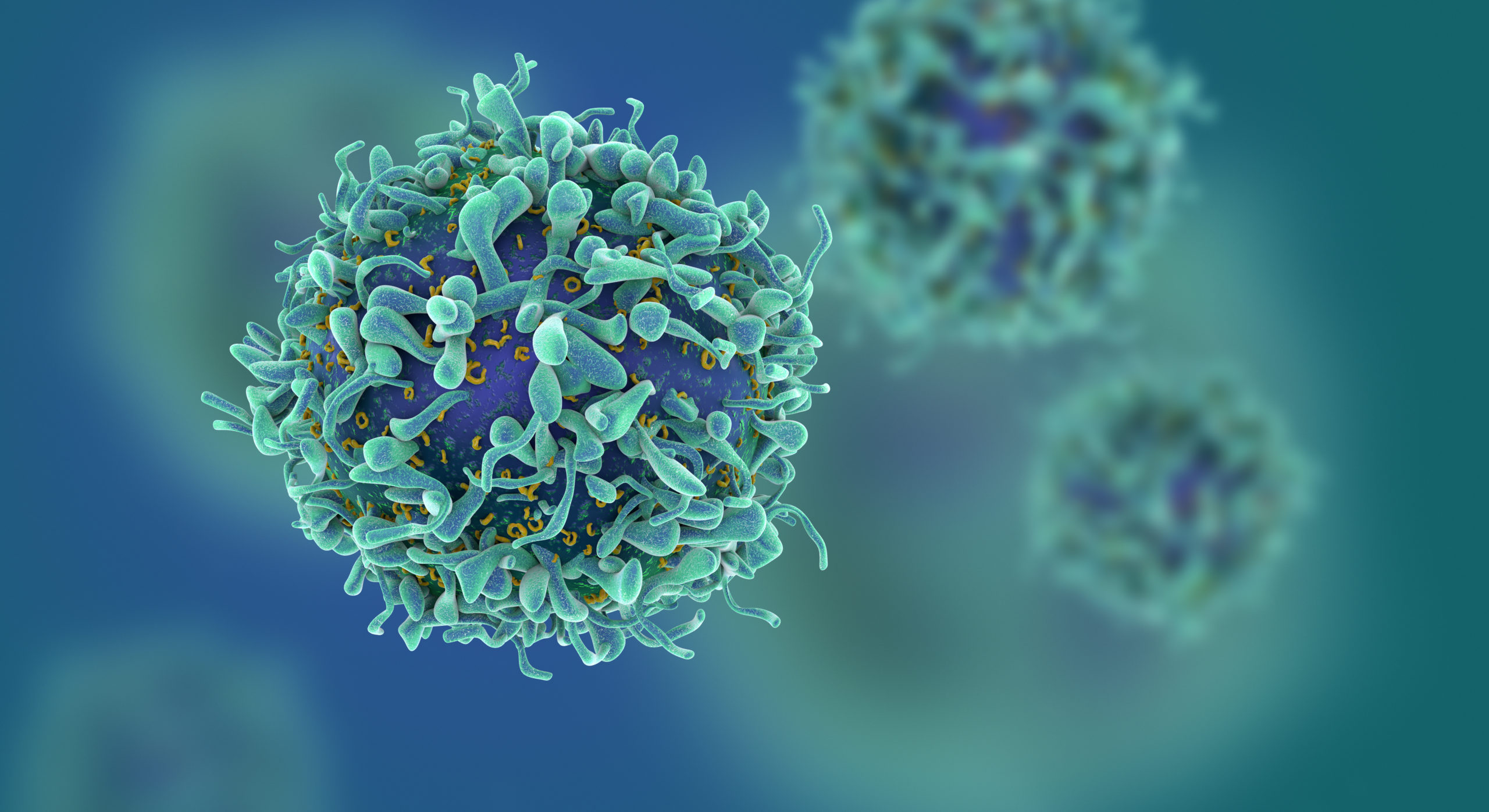Tag: Research
-

Common Blood Pressure Drug May Increase Risk of Bleeding
People with irregular heartbeats taking a common blood pressure drug may be at greater risk of serious bleeding, according to a study recently published in JAMA.
-

ASN Names Quaggin Winner of the John P. Peters Award
The American Society of Nephrology has announced Susan Quaggin, MD, the Irving S. Cutter Professor and chair of Medicine, as the winner of the 2024 John P. Peters Award.
-

Drug Reprograms Immune Responses to Target Glioblastoma
Investigators have discovered that using a novel drug agonist to target the STING pathway in preclinical models of glioblastoma reprogrammed previously suppressed immune responses, according to recent findings published in the Journal of Clinical Investigation.
-

Transplant Research Thrives Through Collaboration
A map of the Northwestern University Transplant Outcomes Research Collaborative (NUTORC) Network looks like an intricate spiderweb. Hovering over one investigator’s name, you see the many investigators they are connected with through publications and research collaboration.
-

Combination Therapy Shows Promise in Subset of Breast Cancers
Combining two cancer drugs may be a promising treatment for advanced metastatic breast cancer, according to the results of a clinical trial published in the Journal of Clinical Oncology.
-

Weakened Virus Helps Eliminate Cancer
Northwestern Medicine scientists have discovered that a weakened form of a virus can be used to help eliminate cancer in mice.
-

Dysfunctional Enzyme May Lead to Liver Disease
A dysfunctional enzyme may lead to nonalcoholic fatty liver disease in mice, according to a study published in Science Advances.
-

Novel Drug May Improve Oxygen Uptake in Hypertrophic Cardiomyopathy
Patients with obstructive hypertrophic cardiomyopathy who received a new drug demonstrated improved oxygen uptake and exercise tolerance, according to a study published in the New England Journal of Medicine.
-

Genetic Mechanisms May Reveal Retinal Vascular Disease Therapeutic Targets
Northwestern Medicine investigators have identified novel genetic mechanisms that regulate blood vessel growth in the retina and may also serve as therapeutic targets for retinal vascular disease, according to findings published in Nature Communications.
-

Antioxidant Gel Preserves Islet Function After Pancreas Removal
Northwestern University scientists have developed a novel antioxidant biomaterial that someday could provide much-needed relief to people living with chronic pancreatitis, according to a new study published in Science Advances.






